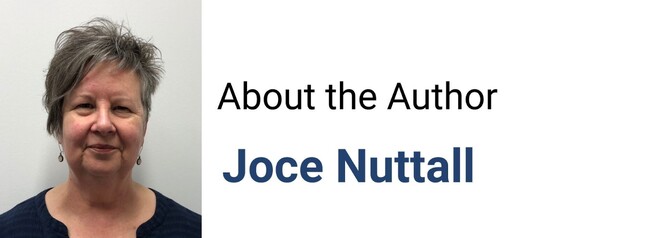How can leadership drive high-quality education in early childhood services that are facing rapid change, diverse needs, and external pressures? We know there is a relationship between teacher qualifications and programme quality in early childhood education, and between high staff turnover and poor child wellbeing. But how can these relationships be actively managed as a force for increased quality?
The answer lies in practices of learning-rich leadership; effective leadership for quality practice is the key. And, in a rapidly evolving educational landscape, attention to the concept of leadership is being redefined. I began researching the idea of ‘learning-rich leadership’ in 2011, focusing on early childhood education. What emerged over time was a fresh perspective, which my research team and I believe offers a relevant and nuanced approach to leadership in ECE.
My inspiration came from a sense of dissatisfaction with the ECE leadership literature at the time, which borrowed heavily from schools and business. Leadership was conceptualised as an individual pursuit, where the leader was responsible for developing a personal vision and guiding their team through strategies such as courageous conversations. While this model held some value, it didn’t fully account for the complexities of early childhood education, where constant change, high staff turnover, and variability in qualifications are often the norm.
At its core, learning-rich leadership recognises two fundamental truths: that leaders are also learners, whose learning directly impacts the growth of their teams; and that early childhood services aren’t collections of individuals but workplace systems. Leadership is not just about managing or directing individuals but about fostering a whole-of-workplace culture where continuous learning leads to observable changes in practice.
Through detailed case studies and extensive analysis, we developed six key principles of learning-rich leadership:
Focus on the work to be done, not on individual workers
This is a challenging idea in early childhood education, where relationships are highly valued. However, the work of ECE services is to achieve desired outcomes for children and families. Individual staff develop as they do the work of the centre system, not through leaders trying to change them as individuals.Maintain and share a story about how the system is developing
By reminding teams where they started, what they’re working on, and where they want to go, leaders keep the focus on progress, even when change is slow.Respond flexibly as goals change
Effective educational leaders understand that goals are always moving, and the workplace system itself learns and adapts as the work is being done.Tap into the expertise of the team
This shift in thinking, from the leader being one step ahead to valuing the collective wisdom of the group, was transformative for many of the leaders in our research. It not only reduced their sense of being overwhelmed by change but also unlocked growth within their teams.Adapting new cultural tools to local workplaces
When new policies or frameworks are introduced, effective leaders engage their teams in adapting these tools for their specific setting. This turns diversity into an asset, allowing teams to create meaningful, localised practices.Pay attention to shifts in professional participation
Learning-rich leaders pay attention to changes in practice in their centres, such as changes in involvement in staff meetings and taking more initiative in planning.
Learning-rich leadership offers a powerful framework for addressing the challenges faced by ECE services. I hope this concept will serve as a valuable tool for centre and service leaders, providing a system-level approach to leading change in turbulent times.
UC’s Faculty of Education is hosting the Graham Nuthall Research Symposium at their Ilam Campus in Ōtautahi Christchurch on Wednesday 19 November, 4pm-6pm. The event is free to attend, but registration is required. Click here to find out more.
Professor Joce Nuttall is Executive Dean of the Faculty of Education at the University of Canterbury. With almost forty years in the early childhood sector, Joce brings a wealth of knowledge through her experience as a leader, educator and researcher. Joce is passionate about continuing education of teachers and leaders and has a particular research interest in development strategies for the education and care workforce.




